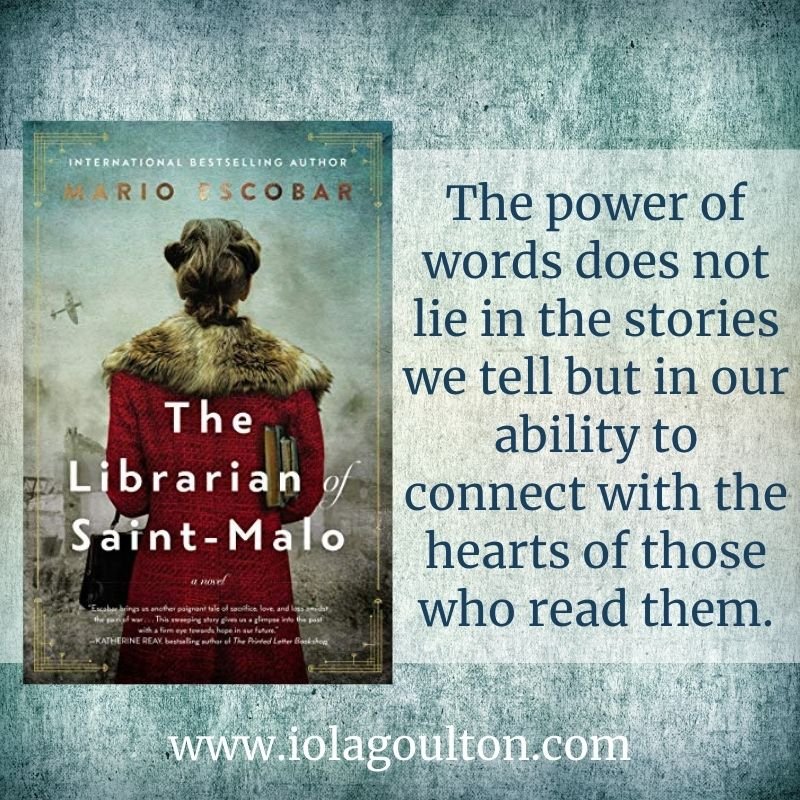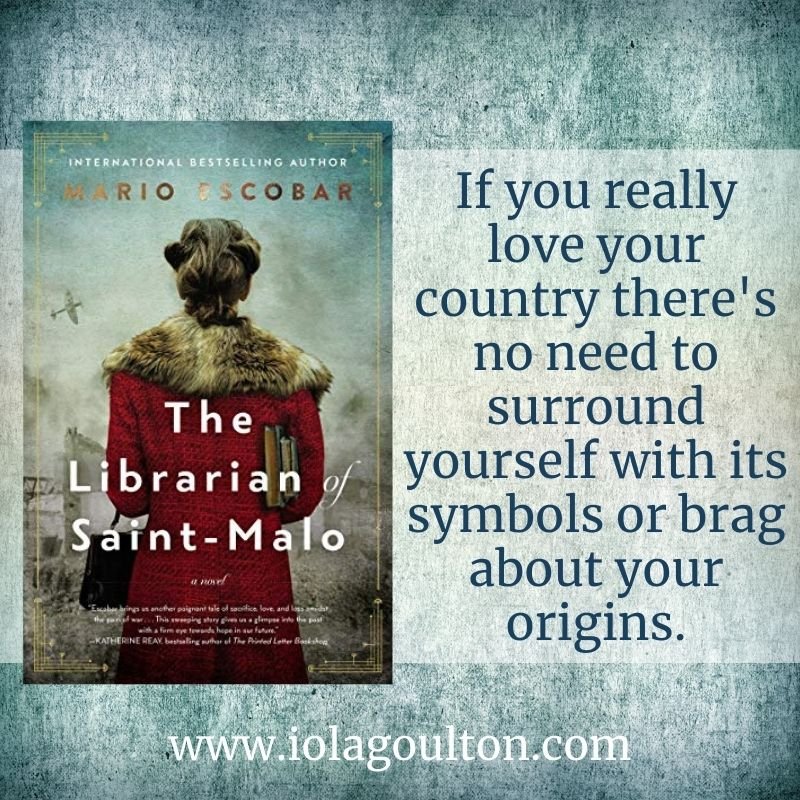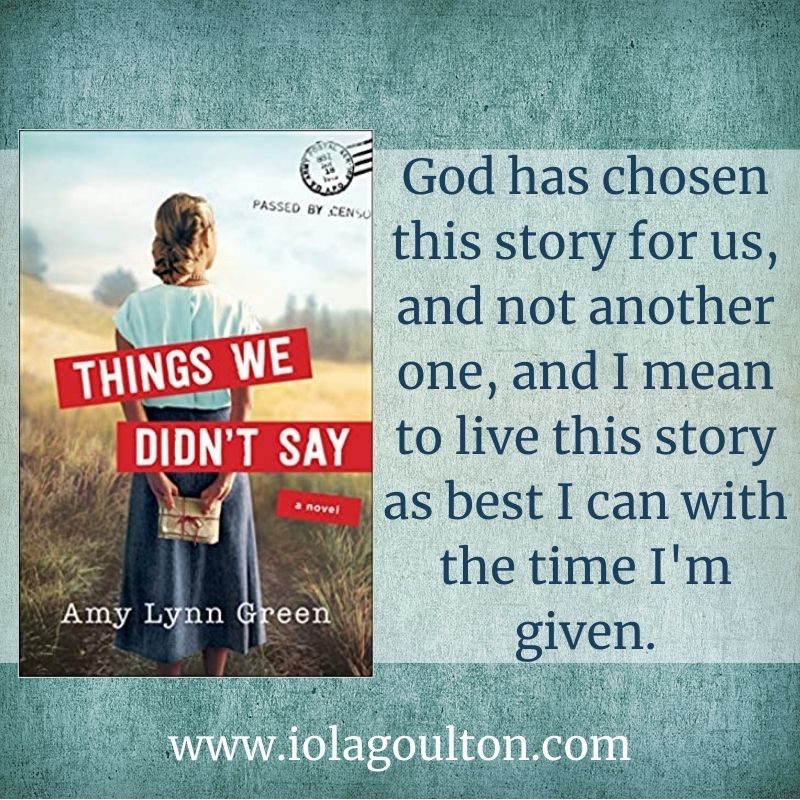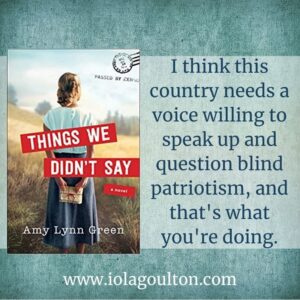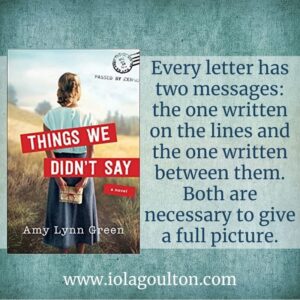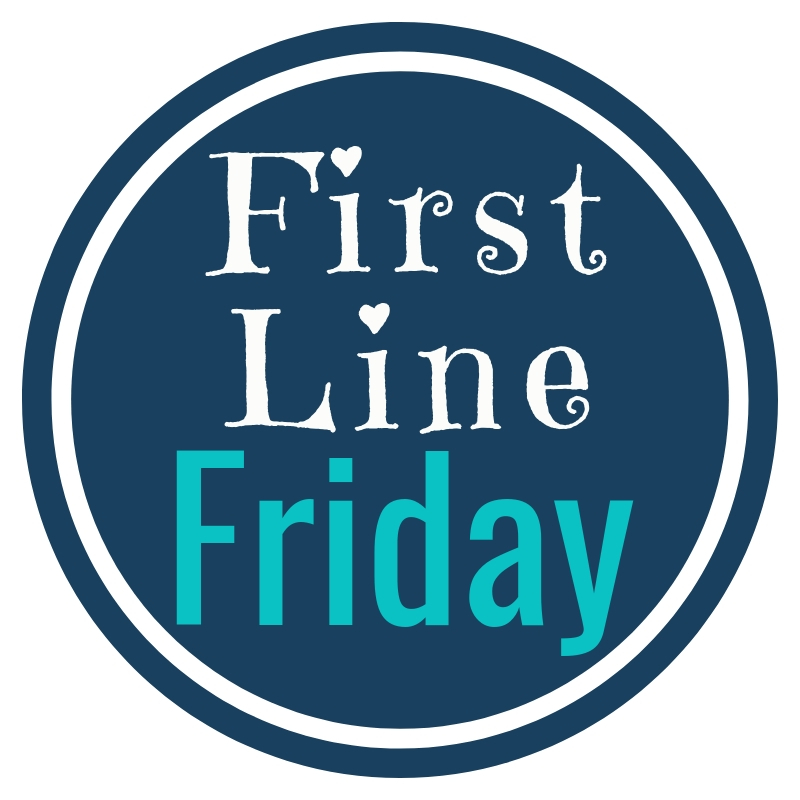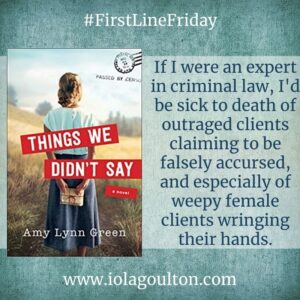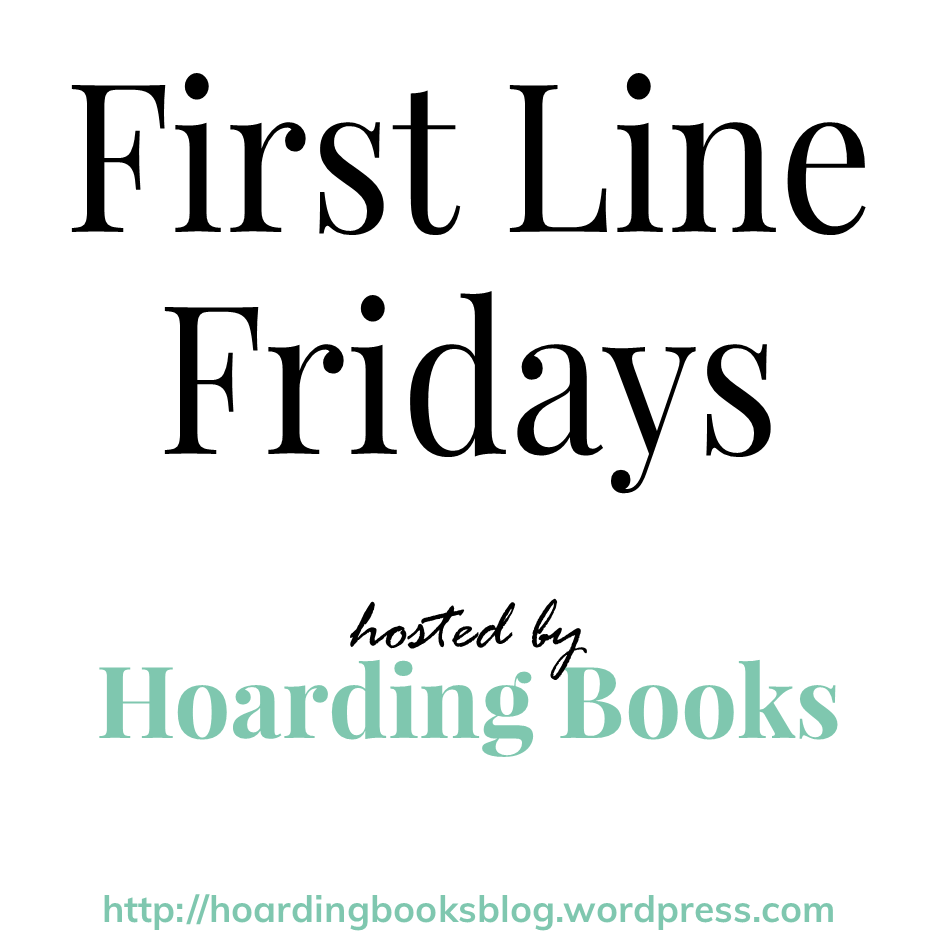Under a Sky of Memories is the story of Vita, Dot, and Evelyn, three American nurses who sign up to serve in World War II. As members of the Medical Air Evacuation Transport Squadron, they will be the nurses on board air ambulances, transporting injured soldiers away from the front lines so they can recover in proper hospitals.
They are posted to Catania in Sicily, where they find the work difficult but satisfying. Soon, they are all assigned to the same mission, a super flight with multiple doctors and nurses on board. A series of mishaps leads them to crash-land in Armenia … enemy territory.
The story then becomes a tale of survival: will the pilots, nurses, and medics survive?
Under a Sky of Memories is a gripping story with excellent characters. The writing is excellent, with plenty of suspense, made all the more engaging once I realised this was based on a true story. That’s actually an important fact, because otherwise it would be easy to complain the mistakes leading to the crash weren’t realistic!
The author has obviously done a heap of research, which is great, but it never overwhelms the story. Instead, the story very much focuses on the three nurses.
Recommended for historical fiction fans, especially those who enjoy World War II fiction.
Under a Sky of Memories isn’t Christian fiction but it doesn’t have any explicit sex or language, and I think it would appeal to fans of authors like Lynn Austin or Sarah Sundin.
Thanks to Lake Union Publishing and NetGalley for providing a free ebook for review.
About Soraya M Lane
 Soraya M. Lane graduated with a law degree before realizing that law wasn’t the career for her and that her future was in writing. She is the author of historical and contemporary women’s fiction, and her novel Wives of War was an Amazon Charts bestseller.
Soraya M. Lane graduated with a law degree before realizing that law wasn’t the career for her and that her future was in writing. She is the author of historical and contemporary women’s fiction, and her novel Wives of War was an Amazon Charts bestseller.
Soraya lives on a small farm in her native New Zealand with her husband, their two young sons and a collection of four legged friends. When she’s not writing, she loves to be outside playing make-believe with her children or snuggled up inside reading.
Find Soraya Lane online at:
Website | Facebook | Instagram | Twitter
About Under a Sky of Memories
From the bestselling author of The Last Correspondent comes the powerful story of three brave women who go to war—and end up fighting for their lives.
Sicily, 1943. Three American women, all nurses in the Medical Air Evacuation Transport Squadron, are determined to do all they can for their country. Vita is fun-loving, Dot shy and sweet-natured, and Evelyn practical and determined, but for all their differences, a life of military service pulls the three together as firm friends.
When they’re selected for a daring mission, the women are proud to play their part. But disaster strikes when their plane crash-lands behind enemy lines in occupied Albania. Together with twenty-three other medics, they find themselves trapped, cut off from all communication with the squadron, and in terrifying and unimaginable danger.
As days and nights pass without hope of rescue, the group must travel on foot across unfamiliar terrain thick with Nazis and their violent local allies. Can Evelyn, Vita, and Dot survive the perilous journey through enemy territory—and finally find their way home?

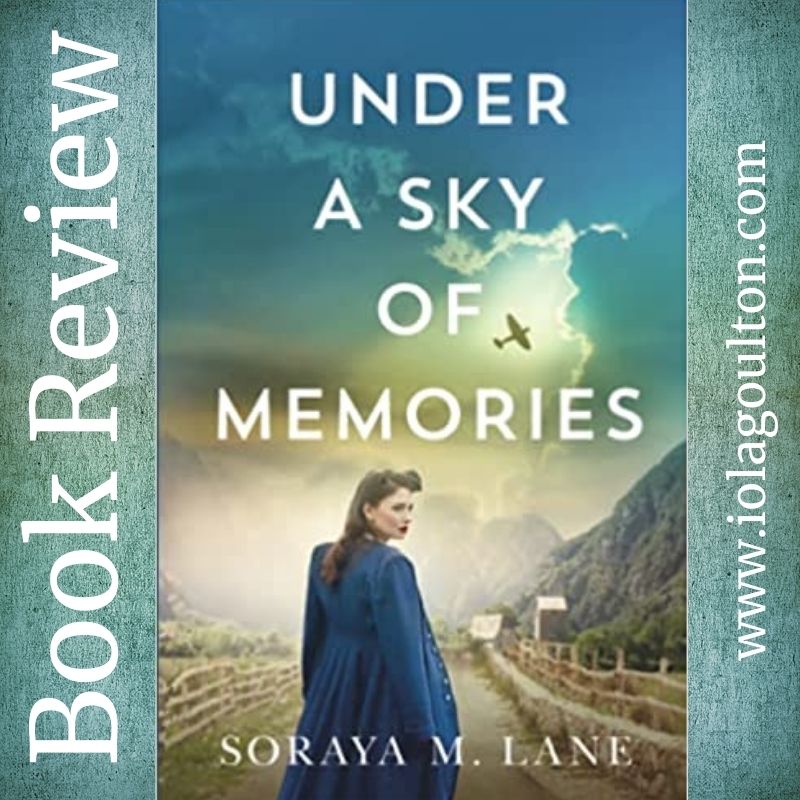

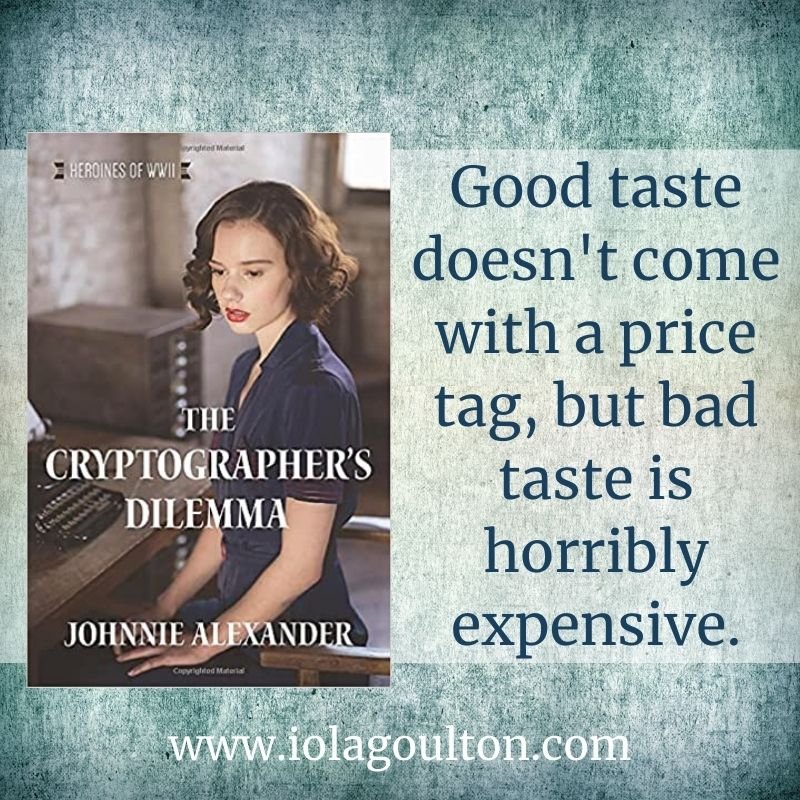
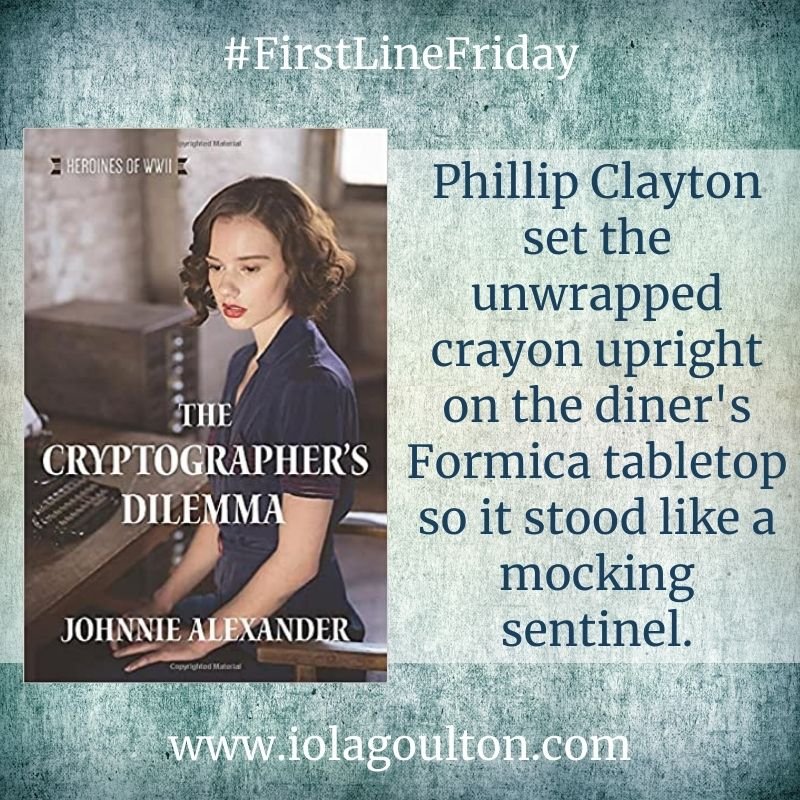
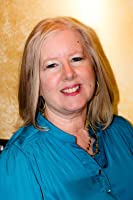 Johnnie Alexander creates characters you want to meet and imagines stories you won’t forget in a variety of genres. An award-winning, best-selling novelist, she serves on the executive boards of Serious Writer, Inc. and the Mid-South Christian Writers Conference, co-hosts Writers Chat, and interviews other inspirational authors for Novelists Unwind. Johnnie lives in Oklahoma with Griff, her happy-go-lucky collie, and Rugby, her raccoon-treeing papillon.
Johnnie Alexander creates characters you want to meet and imagines stories you won’t forget in a variety of genres. An award-winning, best-selling novelist, she serves on the executive boards of Serious Writer, Inc. and the Mid-South Christian Writers Conference, co-hosts Writers Chat, and interviews other inspirational authors for Novelists Unwind. Johnnie lives in Oklahoma with Griff, her happy-go-lucky collie, and Rugby, her raccoon-treeing papillon.
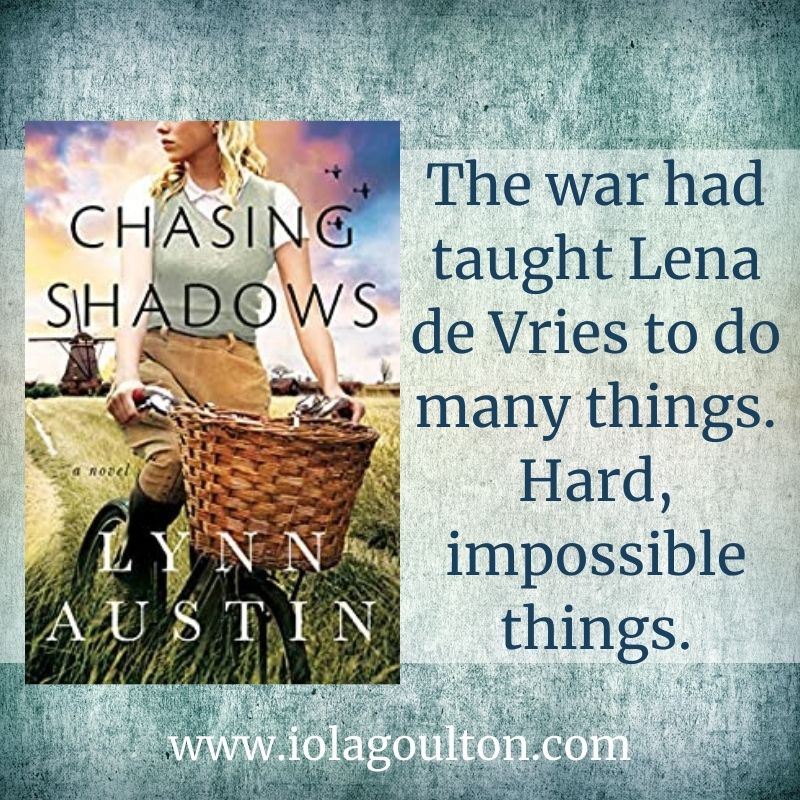
 For many years, Lynn Austin nurtured a desire to write but frequent travels and the demands of her growing family postponed her career. When her husband’s work took Lynn to Bogota, Colombia, for two years, she used the B.A. she’d earned at Southern Connecticut State University to become a teacher. After returning to the U.S., the Austins moved to Anderson, Indiana, Thunder Bay, Ontario, and later to Winnipeg, Manitoba.
For many years, Lynn Austin nurtured a desire to write but frequent travels and the demands of her growing family postponed her career. When her husband’s work took Lynn to Bogota, Colombia, for two years, she used the B.A. she’d earned at Southern Connecticut State University to become a teacher. After returning to the U.S., the Austins moved to Anderson, Indiana, Thunder Bay, Ontario, and later to Winnipeg, Manitoba.
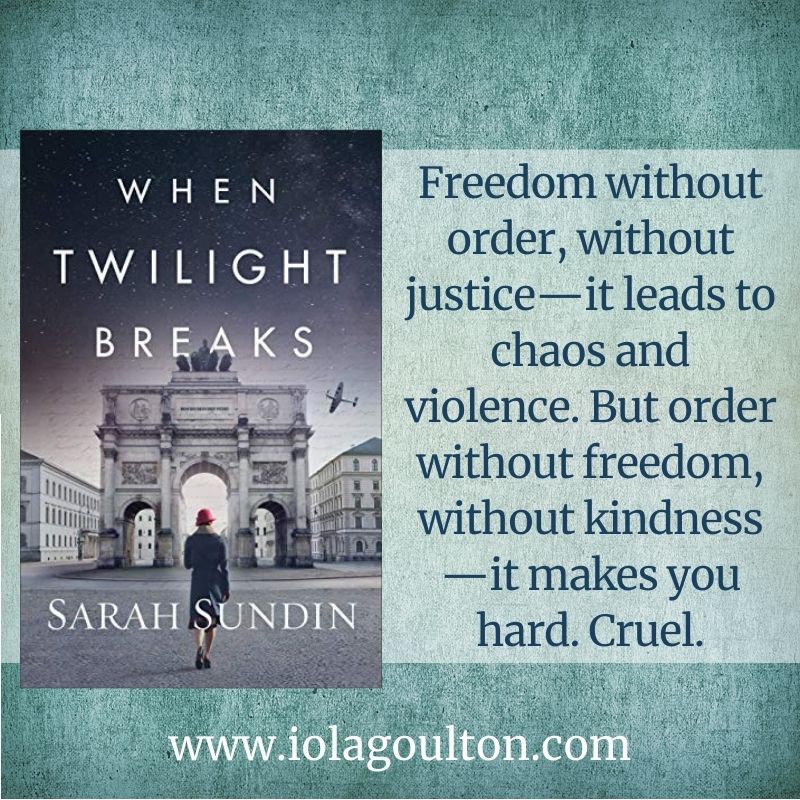
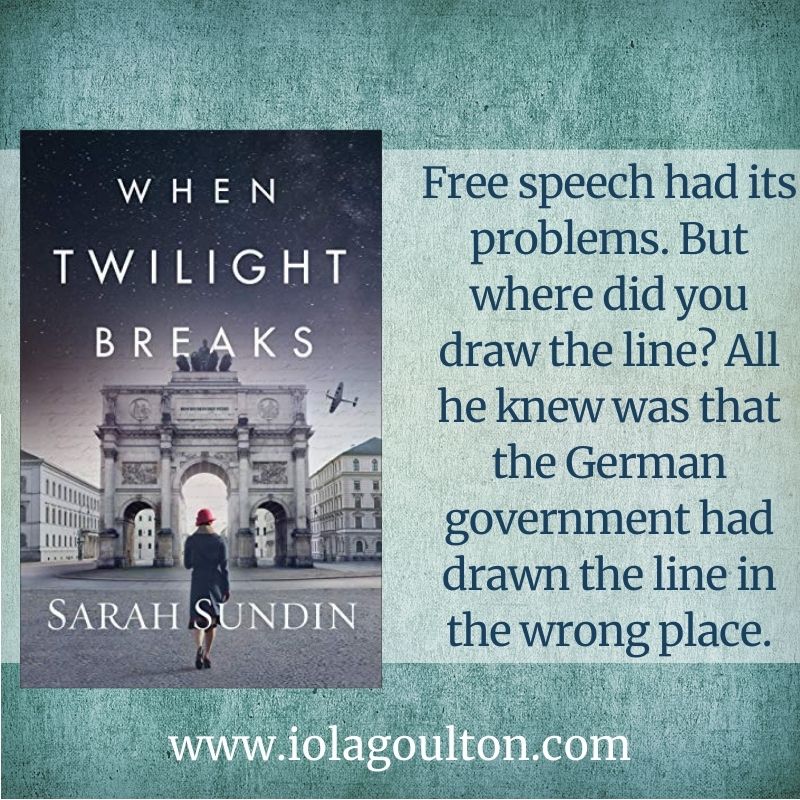
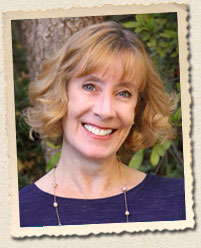 Sarah Sundin is the author of The Sea Before Us and The Sky Above Us, as well as the Waves of Freedom, Wings of the Nightingale, and Wings of Glory series. Her novels have received starred reviews from Booklist, Library Journal, and Publishers Weekly. Her popular Through Waters Deep was a Carol Award finalist, and both Through Waters Deep and When Tides Turn were named on Booklist‘s “101 Best Romance Novels of the Last 10 Years.” Sarah lives in Northern California.
Sarah Sundin is the author of The Sea Before Us and The Sky Above Us, as well as the Waves of Freedom, Wings of the Nightingale, and Wings of Glory series. Her novels have received starred reviews from Booklist, Library Journal, and Publishers Weekly. Her popular Through Waters Deep was a Carol Award finalist, and both Through Waters Deep and When Tides Turn were named on Booklist‘s “101 Best Romance Novels of the Last 10 Years.” Sarah lives in Northern California.
